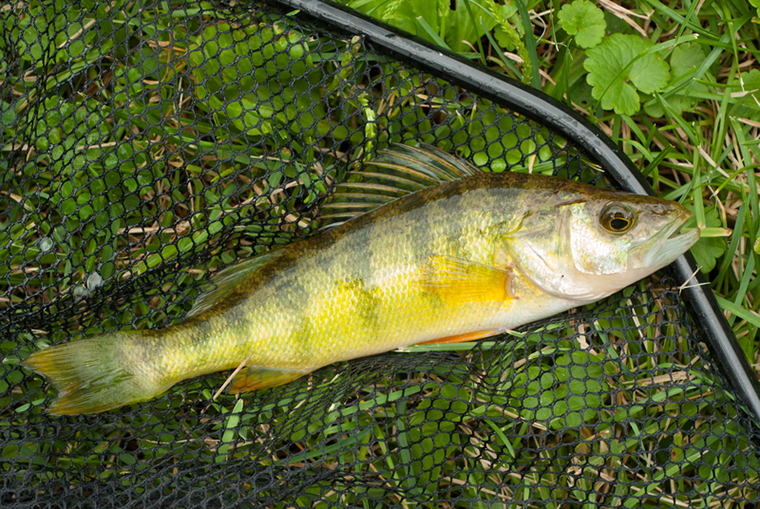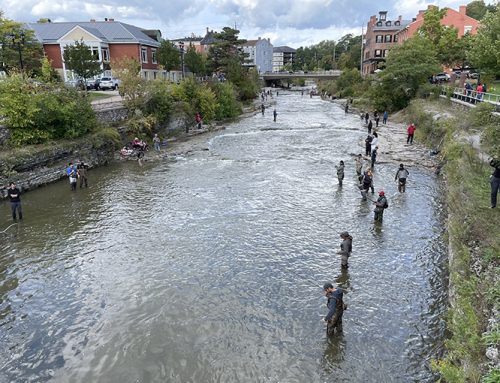
University of Wisconsin (UW) researchers recently examined the impact of microplastics in fish. Professor Dong Fang Deng of UW’s School of Freshwater Sciences led a study, in which juvenile yellow perch were fed a diet that included varying concentrations of microplastics for nine weeks.
Interestingly, at the end of the study, all the fish survived, and it was discovered that the microplastics passed through them relatively quickly via their feces. The research also found the fish fed microplastics ended up with fewer minerals and proteins compared to those with normal diets. They also had altered liver function and a change in gut microorganisms. Weight gain and condition of the fish were not significantly impacted, however. Deng said a longer study period would be needed to ascertain if growth rate had been affected.
“So, I cannot conclude the impacts, but we can predict that liver functions are likely impaired, and thus fish health is. Of course, if plastic accumulated in fish, that could jeopardize our food safety. This study is preliminary research, and we need more studying to answer these questions,” she said.






Leave A Comment